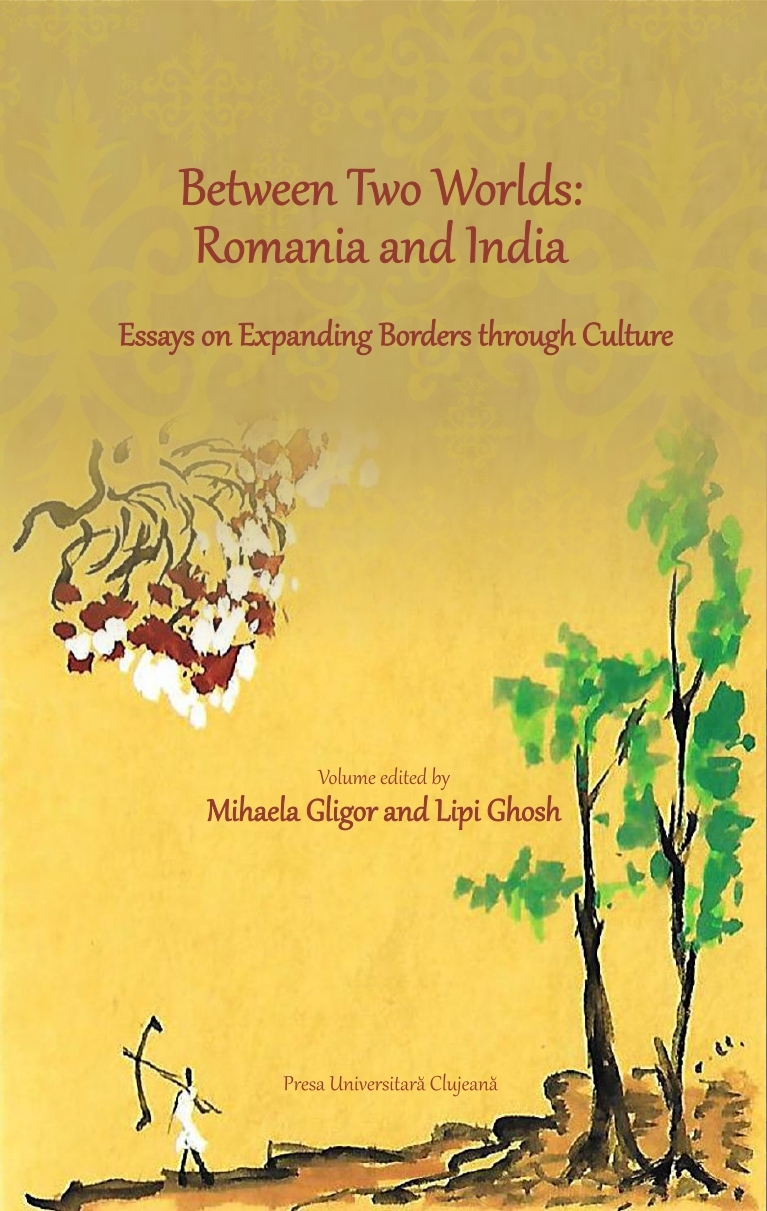
We kindly inform you that, as long as the subject affiliation of our 300.000+ articles is in progress, you might get unsufficient or no results on your third level or second level search. In this case, please broaden your search criteria.

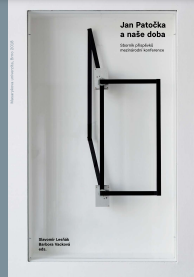
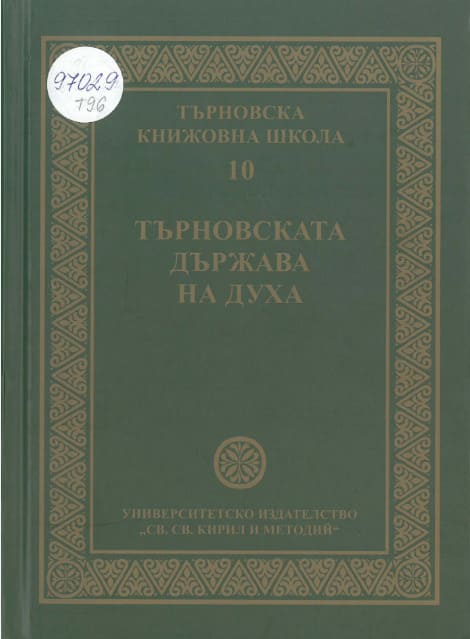
The article treats the means of expression of hesychastic apophaticism, used by Old Bulgarian writers of the 14th – 15th centuries, and the author tries to show that these means are very old, and were characteristic even for the mind of primitive people. He pays attention to the synonymy of ‘aphophatic’ negative pronouns and ‘cataphatic’ summative pronouns; to the pleonastic use of the negative particle не; to the syntactic but- constructions; and to necessative constructions.
More...
Common trends of Balkan painting as basic cultural locus of old Byzantine culture influenced Medieval iconographic models of wall-painting heritage of Christian temples in Tarnovo and its region dating from XV – XVIII century. Iconography was developed and enriched by symbolic images and interpretations of motives and events fundamental in Christian philosophy, Bible and hymnography. Artistic tradition of Christianity, strongly apparent in theocentric compositions of church vaults of that period revealed the ideas of Protoimage of God and its realization in cognizable world.
More...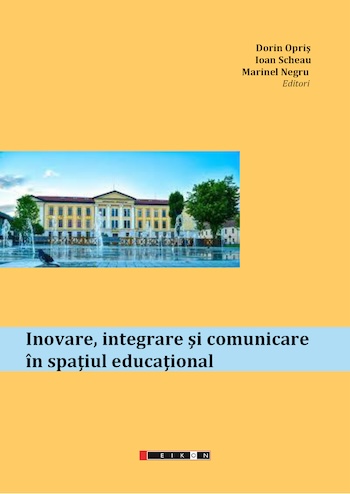
This paper presents four socio-political conceptions of the Renaissance and the Modern Era: Machiavelli, Hobbes, Locke and Hume. Machiavelli analyzes two forms of government, the principality and the republic, corresponding to the absolute monarchy and the current democracy. He also speaks of the separation of powers in the state, in a platonic sense, with reference to the three existing social classes: the sovereign, the nobility and the common people. Hobbes introduces the notion of a social pact that makes the transition from the natural state to the social state of humanity. It is signed between citizens and the state and is seen as a transfer of rights from the citizen to the sovereign. The risk of the social state is that the State, endowed with too many rights, becomes the Leviathan monster that swallows individuals. Locke lays the foundations of the modern state on two fundamental ideas: human rights and the separation of powers in the state. He argues that every person benefits from a series of natural rights: life, health, liberty and property. Within the state, power should not fall on the shoulders of a single person, that is why he speaks of the separation of powers in the state: legislative, executive and federative (army). Hume argues that society is that socio-political organization that must solve the problem of satisfying human needs. For it to work, a series of operating conditions (private property, free market) and a series of rules (laws of justice) are needed.
More...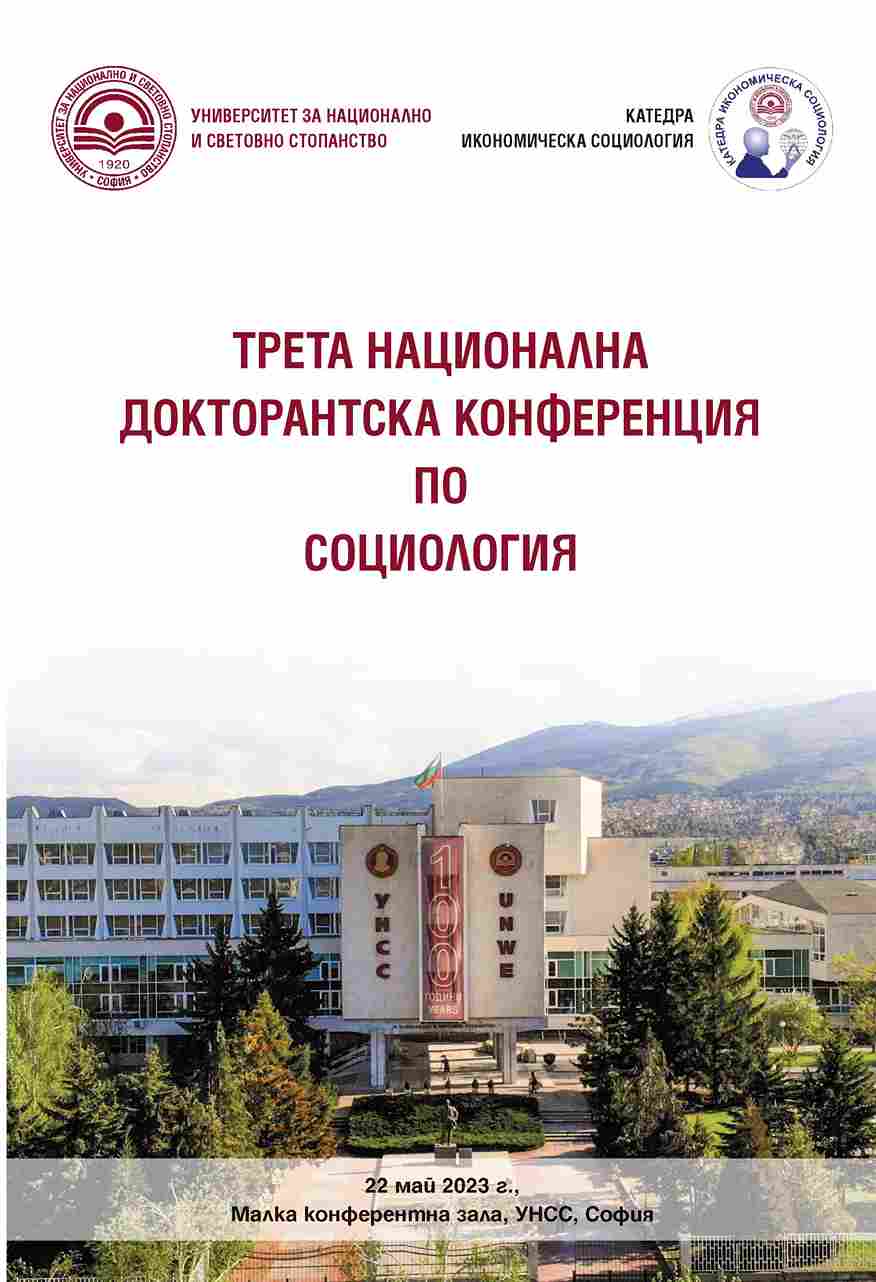
The subject of the research is transhumanism and its influence on political changes. The report is a revised part of the dissertation chapters I defended in January 2023. The paper's title is: „Transhumanism and human enhancement: conceptual perspectives, communities, and risks“. The scientific and technological expansion helps the emergence of political parties professing a transhumanist ideology. The analysis uses data obtained by conducting 1 semi-structured interview with a leader of a transhumanist party; from party manifestos, documents, literature, and research by other scholars on the subject. The political landscape is updated with themes related to transhumanism: especially the attitude toward applying NBIC technologies (nanotechnology, biotechnology, artificial intelligence, cognitive science, and robotics).
More...